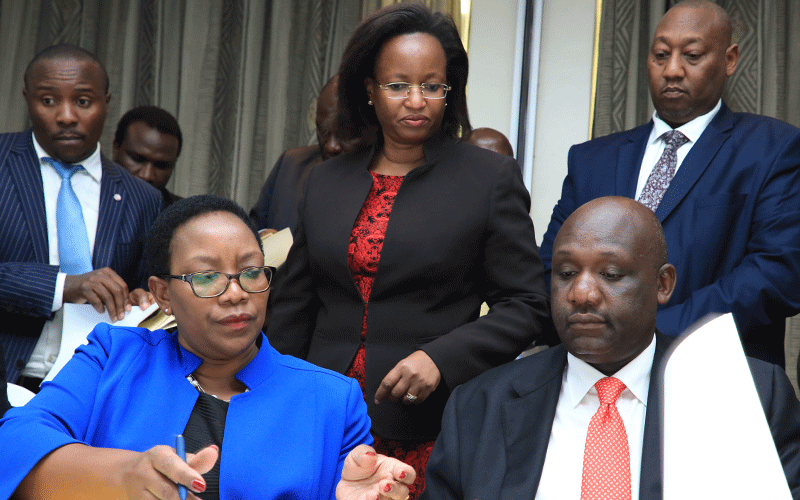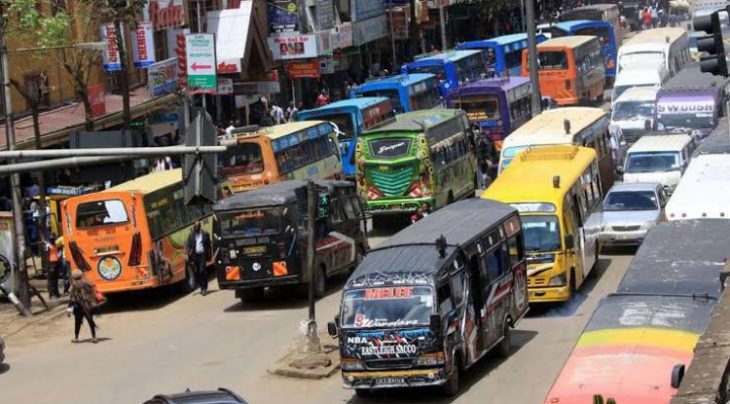More needed to push Universal Health Coverage agenda

Attaining Universal Health Coverage (UHC) in Kenya just like in the rest of Africa, is a still a mirage despite the investments made.
Notable strides made within a host of challenges require a relook at the approach, packaging and anchoring of the concept.
This is despite the enhanced political good will and attention given to expanding health services to the citizens.
In addition to challenges poised by dearth in health financing, human resource migration and mismatch in focusing; approaches are currently premised on commercial and treatment foundations, rather than investment in primary health facilities/prevention.
This came out during a speech by President Uhuru Kenyatta on the opening of the 2021, the Independent Africa Health Agenda International Conference Commission and the same verdict is contained in a recently released report on the state of universal health coverage in Africa.
Uhuru in calling for shift in approach to provision of UHC, urged African countries to consider seven priority areas to anchor their health policies including greater priority to primary health care.
These are increasing access to health care services, making health care more affordable, harnessing Africa’s innovative energy and creativity, strengthening health sector collaboration, improving health security and increasing political will towards UHC.
The report,– a biennial convening of health ministers, private sector leaders and civil society compiled between November 2020 and March 2021, takes stock of Africa’s progress in fulfilling commitments made by African leaders, such as the Abuja Declaration (2001), the Africa Health Strategy (2007-2015, 2016-2030) and the Addis Ababa Call to Action on UHC (2019).
The report recommends re-orienting health systems and priorities to respond to population health needs; prioritising primary health care as the foundation for UHC; investing in strengthening health system inputs through, for example, boosting the number of skilled health workers especially in primary health care; investing in health technologies to enhance performance of all health system functions.
Kenya recently launched the Biometric Registration for Universal Health Coverage Scheme Beneficiaries, under the management of the National Hospital Insurance Fund, as a key progress component of the Big Four agenda.
The Media Council of Kenya is running a project to see how the media reports the UHC project, with focus on framing and prevailing narrative, on which approach is best in providing UHC to citizens.
Health is a devolved function and both the national and county governments have been having issues sharing responsibilities on UHC.
To actualise the Constitutional provision for access to quality and affordable health, albeit ignoring to operationalise the Health Services Commission, the government has put in place many policy measures including the Vision 2030, the Kenya Health Policy 2014-2030 and the “Big Four” Agenda.
The underlying reason for prioritising health care provision is the recognition of the fact that without improved standards of health, our quest for prosperity and better life for our people would remain hollow.
The President acknowledged that access to health care is still a challenge for many, with out-of-pocket expenditure remaining high.
The UHC journey in Kenya started with the waiver of user fees in lower level facilities, then introduced several government-sponsored insurance programmes for the elderly, vulnerable children, people living with severe disability, pregnant women among others.
This was followed by the UHC pilot phase in four Counties. Key achievements of this phase include the establishment of an additional 208 community health units, staffed by 7,700 community health volunteers.
These volunteers attended over 2 million clients, many of whom were served in their homes rather than having to travel to the health centre. — The writer is the deputy Chief Executive Officer at Media Council of Kenya











